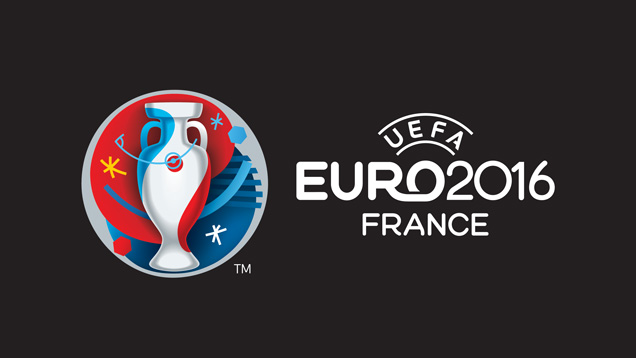Premier League Ponderings: Playoffs see Euro 2016 field finalized
 CREDIT: UEFA
CREDIT: UEFAThe teams who will be playing at the Union of European Football Associations (UEFA) Championships have finally been announced after an exciting round robin.
That’s it folks. The final playoff matches have been played and we finally know the complete list of 24 teams that will be contesting next summers’ final tournament in France.
This will be the first tournament since the Union of European Football Associations (UEFA) altered the format from the usual 16-team line-up. This expanded field has laid down the foundations for what could likely be the most exciting Euro’s in decades.
The 19 teams that qualified automatically, by placing first or second in their groups include an interesting mix of underdog nations and traditional powerhouses. The usual suspects are all present, with Spain, England, Germany and Italy all qualifying easily and the Netherlands being the only real heavy hitter conspicuous in their absence.
They were joined by a series of underdogs, with nations like Albania, Iceland, Northern Ireland, Wales and Slovakia all making their maiden appearances at the tournament, and managing to avoid the potential pitfall that is a two-legged playoff round.
This left four spots up for grabs and nine third-placed teams at the end of the round robin to fight for them.
With a record of 5-1-2, the best performing third-placed team was Turkey, who was able to earn the final automatic position and a spot in France, representing a remarkable turnaround from their disappointing failure to qualify for the last World Cup in 2014.
The remaining nations were split, ranked by their UEFA overall ranking and given just three weeks to prepare for the do-or-die matches they needed to navigate if they hoped to have a shot at the summer’s big trophy.
The first team to make it out of the playoffs was Hungary, who defeated Norway 3-1 on aggregate to make their first appearance at a European Championships since 1972.
Their hero was 21-year-old László Kleinheisler, who scored a crucial away winner in Oslo. The Hungarians, despite being out possessed in both matches managed to hold on. Markus Henriksen had a match to forget, scoring an own goal for Hungary’s winner despite netting for his side as well.
The second team to successfully get through was the Republic of Ireland. They were able to get through a tricky draw with the evenly matched side from Bosnia and Herzegovina, who lost 3-1 despite arguably boasting the stronger forward line.
A 1-1 draw in Sarajevo left the second match a tight affair, which was put beyond a doubt in the 70th minute when Jonathan Walters scored his second of the night in Dublin.
Another 3-1 aggregate score settled the tie between Ukraine and Slovenia. They would not disappoint, opening the tie with a convincing 2-0 home victory in Lviv, before coming from behind to draw the final match 1-1, with Andriy Yarmolenko netting a late goal to put the result beyond any doubt in the dying minutes of the game.
The tie of the playoffs saw Scandinavian rivals Sweden and Denmark face off, two proud football nations that have never really accomplished a high level on the world stage.
Sweden, led again by maverick striker Zlatan Ibrahimovic, overcame their neighbours with a final aggregate of 4-2.
After beating the Danes 2-1 in Solna, they threatened to embarrass them on the return leg in Copenhagen. Two from Ibrahimovic put an insurmountable distance between the two scores and though Denmark fought well, scoring twice in the last 10 minutes to tie the match, it was too late to save the tie.














